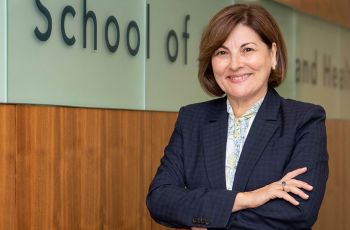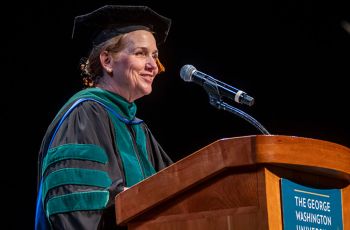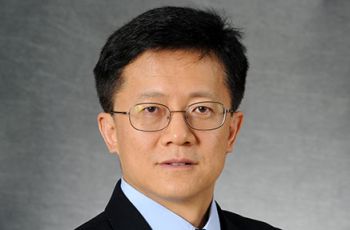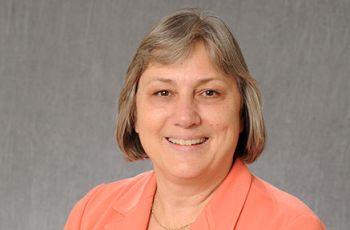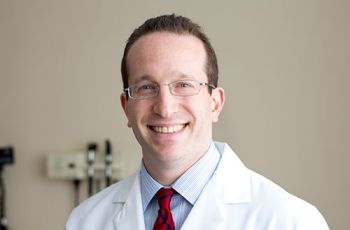Press Releases
Antonia R. Sepulveda, MD, PhD, has been selected to serve as chair of the Department of Pathology at the GW School of Medicine and Health Sciences. She will also serve as the Ralph E. Lowey Professor of Oncology, as well as chief of pathology service and clinical laboratory director at GW…
Barbara Lee Bass, a widely respected academic medicine leader, surgeon and researcher who completed her residency and served on faculty at the GW, has been named vice president for health affairs and dean of the SMHS.
A team at the GW Cancer Center has identified the protein ERK as an important mechanism behind platinum-resistance in platinum-resistant ovarian cancer.
The GW School of Medicine and Health Sciences is pleased to announce a new Doctor of Health Sciences Program in Leadership in Clinical Practice and Education. The program will be housed within the Department of Health, Human Function, and Rehabilitation Sciences.
A new survey published in the Journal of Drugs in Dermatology identifies several barriers that prevent the consistent use of fungal diagnostic preparations to correctly identify cutaneous fungal infections.
The GW Cancer Center was selected as the first global site for a clinical trial for patients with high-risk cutaneous squamous cell carcinoma. The study is led by Vishal A. Patel, MD, FAAD, FACMS, director of the Cutaneous Oncology Program at the GW Cancer Center.
Ali Ahmed, MD, MPH, professor of medicine, was the senior author and Richard M. Allman, MD, clinical professor of medicine, was a co-author on a paper that found stopping digoxin in some patients with heart failure is linked to higher risk of death and hospital readmission.
Researchers at the GW Cancer Center found that sun safety practices for attendees at skin cancer screening events differ from the general public.
Researchers in the GW Department of Dermatology found that collagen powder is just as effective in managing skin biopsy wounds as primary closure with non-absorbable sutures.
Hoth Therapeutics, Inc. has entered into a sponsored research agreement with GW to explore the potential use of Aprepitant for topical and/or systemic therapy to counter the dermatological related side-effects of Erlotinib therapy in cancer patients.
